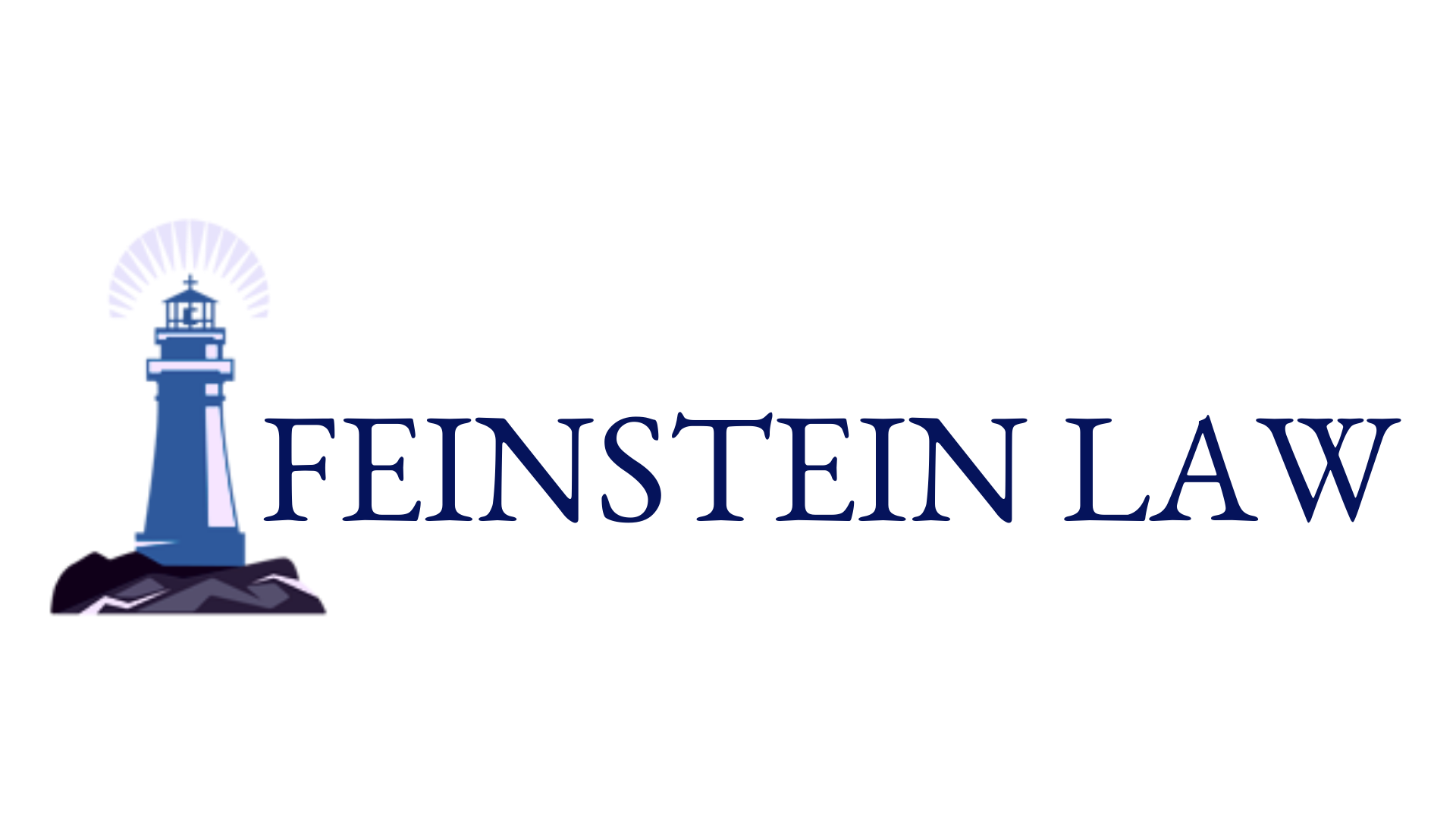In February 2013, the U.S. Securities Exchange and Commission (“SEC”) Advisory Committee on Small and Emerging Companies recommended creating a permanent larger tick size for small capitalization companies that met certain criteria. The committee recommended making the increased tick size permanent because it believed the investment banks would not respond accurately to a pilot program.
However, in June 2014, the SEC ordered the national securities exchanges and Financial Industry Regulatory Authority, Inc. (“FINRA”) to develop a tick-size pilot program. The requirements for the proposed program include National Market System common stock with a market capitalization of $5 billion dollars or less; an average daily trading volume of 1 million shares or less; and a closing share price of at least $2 dollars per share. The pilot program consists of one control group and three test groups with 400 securities in each test group selected by stratified sampling protocol.
On August 26, the SEC said that the national securities exchanges and FINRA filed the proposal for a targeted 12-month pilot program that will widen tick sizes for certain small-cap stocks and that it will use the pilot program to decide if the changes would benefit investors and issuers, and enhance market quality for small-cap stocks.
“This is an important step for a valuable initiative that could have meaningful implications for market quality,” said SEC Chairwoman Mary Jo White in a statement.
Under the pilot program, four groups of securities will be monitored for assessment by the SEC, FINRA, and the national exchanges.
- The control group will consist of securities quoted at the current tick size increment of $0.01 per share, and trade at the increments currently permitted. The control group would represent a baseline for the analysis of the pilot program.
- Pilot securities in the first test group will be quoted in $0.05 minimum increments. Trading would continue to occur at any price increment that is permitted today.
- Pilot securities in the second test group will be quoted in $0.05 minimum increments, and traded in $0.05 minimum increments subject to certain exceptions. The exceptions are (1)Trading may occur at the midpoint between the National Best Bid and the National Best Offer or the midpoint between the best protected bid and the best protected offer; (2) Retail Investor Orders may be provided with price improvement that is at least $0.005 better than the best protected bid or the best protected offer; and (3) Negotiated Trades may trade in increments less than $0.05.
- Pilot securities in the third test group will be subject to the same minimum quoting and trading increments (and the same exceptions) as the second test group, but in addition would be subject to a “trade-at” requirement. In general, a “trade-at” requirement prevents price matching by a trading center that is not displaying the best bid or offer.
The program also directs the national exchanges and FINRA to collect and transmit data to the SEC and make the data available to the public in an agreed-upon format. After the end of the pilot period, the national exchanges and FINRA will complete an assessment of the impact of the pilot program and submit the assessment to the SEC for evaluation. The proposal will be subject to SEC approval after a 21-day public comment period.
Views differ on the success of the program with proponents believing that the 5-cent increments will inject more liquidity into small-cap companies while opponents claim that larger tick sizes will increase the costs of trading and that a 12-month pilot study is too limited in scope to analyze the benefits of the program.
This securities law blog post about securities regulations and updates is provided as a general informational service to clients and friends of Feinstein Law, PA and should not be construed as, and does not constitute, legal and compliance advice on any specific matter, nor does this message create an attorney-client relationship.
For more information concerning the rules and regulations affecting the going public direct transactions and direct public offerings please contact Feinstein Law, PA at (619) 990-7491 or by email at Todd@Feinsteinlawfirm.com or JDunsmoor@Feinsteinlawfirm.com. Please note that the prior results discussed herein do not guarantee similar outcomes. Todd Feinstein is admitted in Florida and Jonathan Dunsmoor is admitted in New York.

